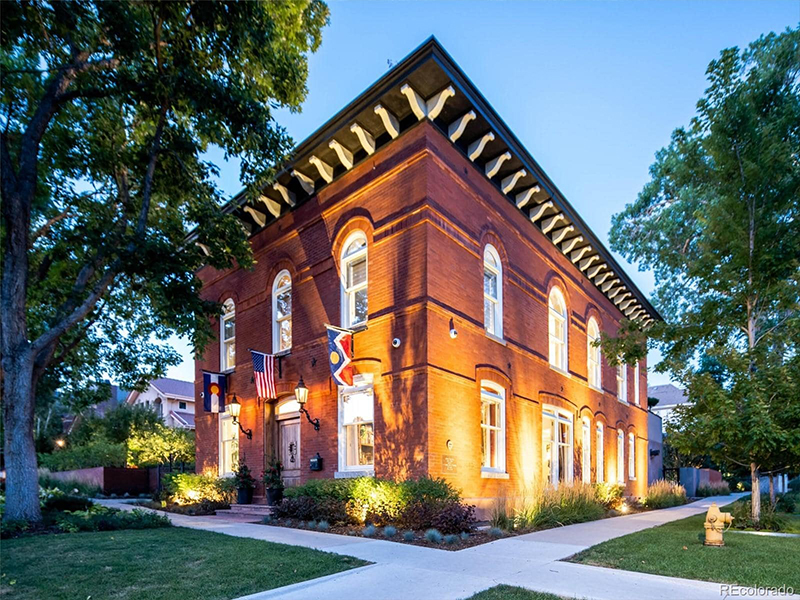
Built in 1891, this 4-bed, 8-bath historic home in Denver sits on a corner lot and has been renovated with upscale amenities like heated floors. car lifts, and a hidden speakeasy
Historic homes in Denver date back to the late 19th and early 20th centuries and boast an impressive array of architectural features that are often unmatched by modern dwellings. From intricate moldings and leaded glass windows to unique architecture and craftsmanship, historic homes in Denver provide their owners with pride of ownership and a connection to the city’s rich history.
In this article, we will look at 10 advantages of living in a historic home in Denver that will inspire you to embrace the lifestyle associated with these neighborhood crown jewels.
Table of Contents:
10 BENEFITS OF LIVING IN A HISTORIC HOME IN DENVER
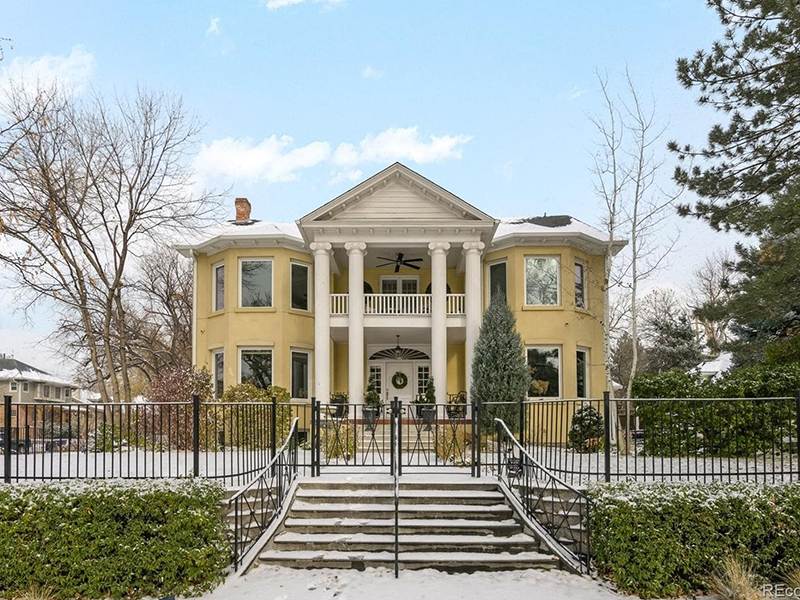
Built in 1907, this 3-story Colonial Revival home exudes timeless elegance
-
Historic homes possess unique charm and character.
Denver’s historic homes are like works of art that have withstood the test of time. These remarkable properties boast intricate designs and architectural features that showcase a level of craftsmanship rarely seen in modern abodes. Architectural details such as exquisite moldings add elegance and charm to any room.
In addition, historic homes in Denver boast original hardwood floors that have been expertly maintained over the years. Leaded glass windows become crown jewels as these features are made up of small pieces of glass held together by lead strips, creating unique patterns that are a sight to behold.
-
Historic homes allow you to own an important piece of the past.
Living in a historic home in Denver means owning a piece of the city’s vibrant past. These residences are not just four walls and a roof – they are a connection to the people and events that shaped the city’s evolution from a mining town to a bustling metropolis.
Many of Denver’s historic dwellings were built more than a century ago and have been preserved and restored to their former glory. As you step inside a historic home, you will feel its palpable significance surrounding you. It’s easy to envision the families who once lived there, the joyful gatherings they hosted, the sumptuous meals they prepared, and the lasting memories they created. It’s even more remarkable to consider that these homes have been a steadfast presence throughout the growth and evolution of the city.
When you choose to live in a historic home in Denver, you’re not just buying a piece of property, you’re becoming a steward of the past. It’s about upholding the legacy of these homes and preserving their distinct characteristics for future generations. And as you maintain these properties, you help safeguard the city’s rich history.
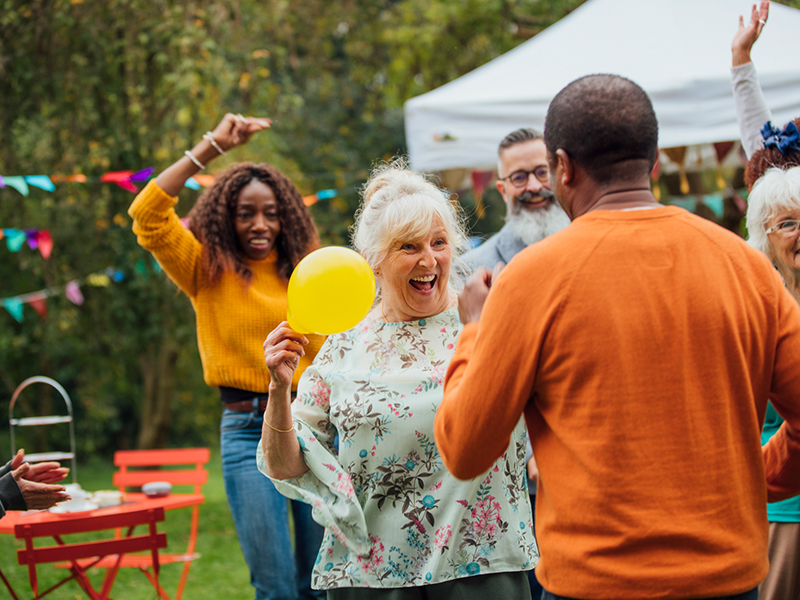
-
Historic homes offer a greater sense of community.
With a historic Denver abode, you’re not just getting a charming place to call home; you’re also becoming part of a close-knit, established community. These neighborhoods have been home to generations of families whose dwellings have played a large part in fostering a sense of belonging to the larger community.
As a vibrant city, Denver itself encourages community events and activities. Neighborhood groups arrange activities such as block parties and holiday celebrations, which are excellent opportunities to meet new people. Many of Denver’s historic districts have local businesses, parks, and other amenities that also contribute to the sense of community.
Moreover, historic neighborhoods frequently exude a small-town feel, with tree-lined streets, front porches, and friendly neighbors who take pride in their homes and their community.
-
Historic homes boast exquisite craftsmanship.
In Denver, historic homes were built using high-quality materials that have survived the wear and tear of centuries. From foundation to roof, these properties were built to last. The meticulous attention to detail and exceptional workmanship that went into constructing these homes are hard to replicate today. The use of premium materials such as hardwood, brick, and stone, combined with painstaking construction techniques, has resulted in homes that still stand tall today.
While some may fear the upkeep of an older house, federal regulations that detail Standards of Rehabilitation clarify what can and cannot be done when repairing or renovating a historic home. For example: “Distinctive features, finishes, and construction techniques or examples of craftsmanship that characterize a historic property shall be preserved.”
Moreover, there are financial incentives for preserving historic homes, as detailed below.
-
Historic homes enjoy tax benefits.
Historic homes in Denver not only offer aesthetic and cultural value, they also provide significant financial benefits. Depending on the location and condition of the property, homeowners may be eligible for property tax breaks or exemptions. These incentives aim to encourage the preservation and maintenance of historic buildings, which are seen as valuable cultural assets in the community.
In addition to property tax benefits, historic homeowners in Denver may also be eligible for state tax credits. These credits may cover a percentage of the cost of certain renovations and repairs, such as energy-efficient upgrades or restoring historical features of the property.
They include:
- A 20% federal tax credit for the rehabilitation of certified historic buildings used for income-producing purposes
- A 20% to 35% state tax credit for the rehabilitation of historic, owner-occupied residences
- A 20% to 35% state tax credit for the rehabilitation of historic buildings used for income-producing purposes
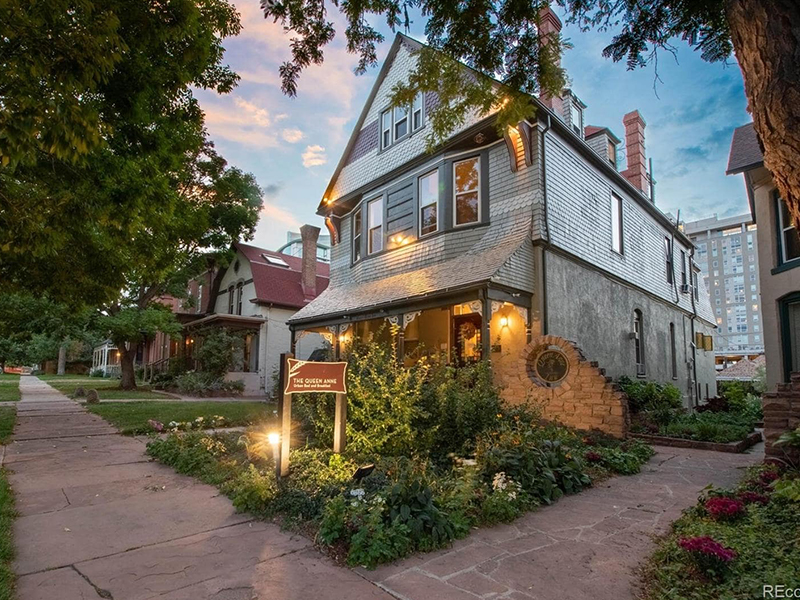
Located in Denver’s Clements Historic District, this 1887 Victorian is on the market as a turnkey bed and breakfast
-
Historic homes have design features like no other.
There’s no denying that historic Denver, CO homes are exquisitely designed, built, and crafted. Many of these houses were constructed at a time when architectural styles were quickly evolving, and many of them were designed by well-known architects or builders who incorporated unique features that reflected the cultural and social values of the time.
From ornate woodwork and stained glass windows to decorative tile and elaborate moldings, historic residences offer a level of detail and character that is unmatched by modern dwellings. Butler’s pantries, sleeping porches, and hidden stairs are also noteworthy features of historic Denver, CO homes. The meticulous detail and design in these homes become a source of wonder, discovery, delight, and ultimately, pride, to committed homeowners.
-
Historic homes are a smart financial investment.
Owning a historic home in Denver can be more than just a place to call home; it can also be a smart financial investment. The demand for historic homes in Denver is particularly high, with many buyers seeking out the unique charm and character that these homes provide.
Historic homes are generally regarded as part of a community’s cultural legacy and are thus highly appreciated by many people. This cultural significance, combined with the limited availability of such properties, means that in the long term, a historic home may provide an excellent return on your investment.
These dwellings are also typically found in desirable neighborhoods with a range of community amenities. Or in a central location with convenient access to urban and town centers. All serve to further increase the value of historic homes.
Moreover, historic residences are frequently associated with notable figures, events, and architecture, which add to their cultural and historical cachet. These associations boost their appeal and make them more sought-after in the market, resulting in an increase in property value over time.
-
Historic homes mean pride of ownership.
When you own a historic property, you become the caretaker of a piece of history. You’re responsible for maintaining the distinctive features and characteristics that make your home so special. While this requires a higher level of dedication and commitment, the sense of pride that comes with your role as steward is well worth the effort.
As owner, the stories of your neighborhood and its people become part of your own. As owner, you ensure the continuation of these stories but with you (and your family) becoming the central characters of a brand new chapter.
-
Historic homes are – surprise! – energy efficient.
Many people may assume that historic homes are mired in outdated technologies. Not so. Many historic homes in Denver have been retrofitted with modern heating, cooling, and insulation systems that make them just as energy-efficient as newer residences. This not only helps reduce energy costs but also makes living in a historic home more comfortable and affordable.
The retrofitting process generally involves upgrading the insulation in walls, attics, and floors to prevent heat loss in the winter and keep the home cool in the summer. In addition, modern HVAC systems are often installed to provide efficient heating and cooling throughout the home. These systems use less energy than older models, reducing energy costs and improving overall comfort.
Another benefit of energy-efficient upgrades in historic homes is their positive impact on the environment. By reducing energy consumption, these properties contribute to a more sustainable future, helping to preserve the natural beauty of Denver for generations to come.
-
Historic homes preserve the area’s cultural heritage.
Denver’s historic homes are beautiful and unique, and they play a crucial role in preserving the city’s rich cultural heritage. These houses are tangible links to the past that can help you understand the evolution of the city and its people. They offer a glimpse into the architectural styles, building techniques, and design trends of different eras, as well as the lifestyles and values of the people who built and lived in them.
WHAT TO LOOK FOR WHEN BUYING A HISTORIC HOME IN DENVER
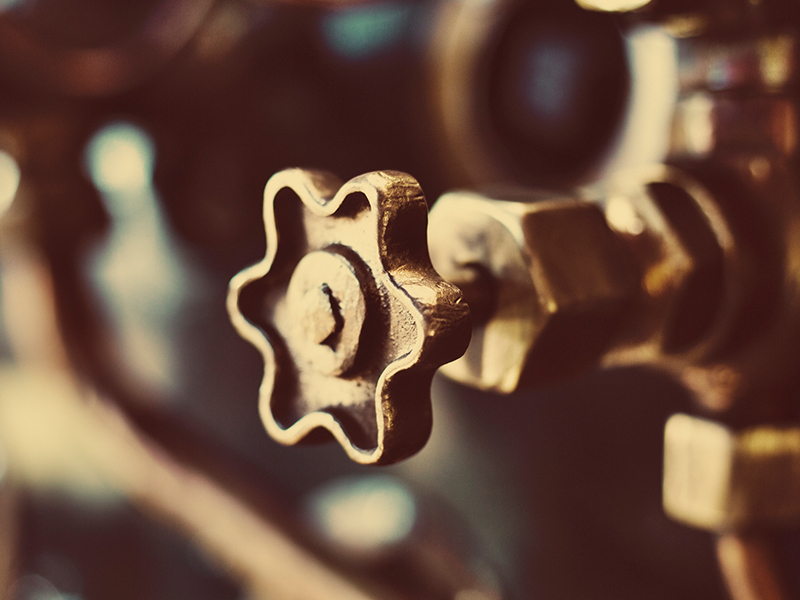
If you’re in the market for historic homes for sale in Denver, Colorado, it’s important to know what factors to consider before making a purchase. While these homes have distinct beauty and character, they also require specific upkeep.
In this section, we’ll go over several important considerations when purchasing a historic home in Denver.
Foundation
Before making an offer on a historic home, be sure to inspect the foundation for telltale signs of damage. Look for cracks that might be sneaking around the corners or the middle of the foundation, shifting that could cause uneven floors or walls, and settling that could threaten the entire structure.
Infestation
Historic homes may have unique features and charm, but they may also be more susceptible to termites, rodents, and other pests. They can weaken the home’s structure and foundation, leading to expensive repairs. It’s crucial to inspect the property for any signs of pest activity and consider hiring a professional inspector to assess any damage.
Electrical Issues
In an older dwelling, an outdated electrical system is a concern because it’s a potential safety hazard. Before buying a historic home in Denver, have a certified electrician perform a comprehensive assessment to identify any potential hazards and confirm that the electrical system meets modern safety standards. Taking this step will help keep your home and family safe and secure for years to come.
Historical Value
Understanding the home’s past and learning about the associated municipal regulations are crucial to maintaining the property’s character and charm. As a buyer, look into the history of the home to discern its significance. This knowledge will inform your decisions about modifying the property and ensuring changes adhere to regulations. Remember, owning a historic property is not just about enjoying its beauty and uniqueness; it’s also about being a steward of Denver’s cultural legacy.
Heating and Cooling Systems
Outdated systems can mean spending more on energy costs. Factor the cost of upgrades when budgeting for the home. Additionally, historic preservation regulations may restrict the placement of heating and cooling systems so they’re not visible on the exterior of the home. It’s best to consult with local officials and specialized professionals before you upgrade. They can also point out potential issues and prevent breakdowns, providing comfort to homeowners and preserving the historic value of the home.
Plumbing
Older residences may have plumbing systems that are more susceptible to leaks and corrosion. To ensure that the plumbing system is in good working order, have it inspected. You’ll find out the condition of the system’s pipes, fixtures, and other components, and see what needs to be fixed.
Additionally, historic dwellings may have plumbing features that require specialized knowledge or maintenance. An expert will let you know how fixtures that are no longer manufactured or in use can be properly cared for and maintained while ensuring that the plumbing system functions as it should.
If the plumbing system needs to be upgraded, it’s critical to work with a licensed professional familiar with the specialized workings of historic dwellings.
Insulation
With their unique architectural features and construction, the insulation of older properties may not meet today’s standards. To prevent higher energy bills and to create better living conditions, ordering new insulation will regulate indoor temperatures better and prevent moisture buildup that can lead to mold.
EXPLORE DENVER’S HISTORIC NEIGHBORHOODS
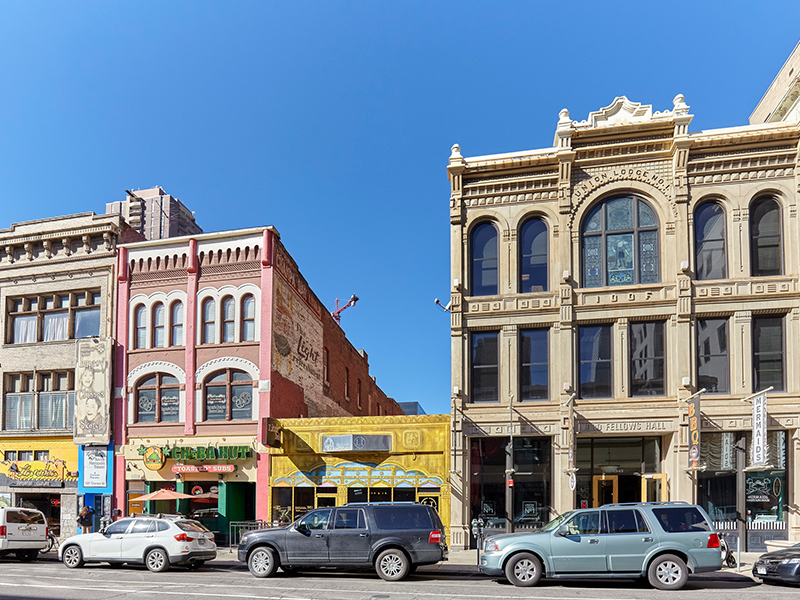
Looking to purchase historic homes for sale in Denver, CO? Here’s a list of some of the city’s historic neighborhoods to help you decide which one best suits your lifestyle and needs:
- Curtis Park/Five Points, the city’s oldest neighborhood, is full of character with its historic hotels, music venues, and dive bars.
- Potter Highlands, located on a hill overlooking Denver, offers international dining options and family-friendly parks.
- Capitol Hill, Denver’s artistic hub, features the city’s oldest buildings and homes, along with numerous restaurants, clubs, bars, concert venues, and cultural centers.
- East 7th Avenue, Denver’s largest historic district, boasts stunning residences from the 1890s through the 1930s.
- Country Club offers an upscale experience with elegant retail establishments, restaurants, and luxury estates.
- Baker delights with the vibrant mix of industrial, residential, and commercial properties.
- Montclair, a small suburban community turned historic district, has restaurants that are local favorites and community parks surrounded by leafy boulevards.
FIND HISTORIC HOMES FOR SALE IN DENVER, COLORADO
Ready to discover the best historic homes for sale in Denver, CO? Allow me, Mark Muller, to be your guide in your search for the ideal historic home to call your own. As a Historic Homes Specialist with Coldwell Banker’s The Historic Denver Properties Group and a NAR Certified Pricing Strategy Advisor, I am well-versed in the local market and can provide expert real estate guidance on the area’s historic properties. My in-depth knowledge has earned me the nickname “Neighborhood Concierge,” and I am dedicated to helping you make informed decisions about your purchase.
Take the first step towards owning a piece of Denver’s history. Contact us at The Muller Group today by sending us a message here or by calling us at +303.941.6926.
